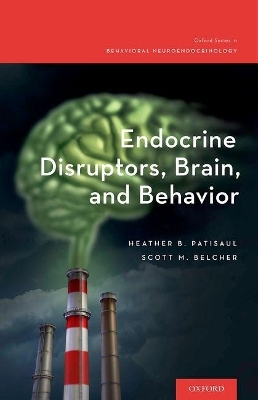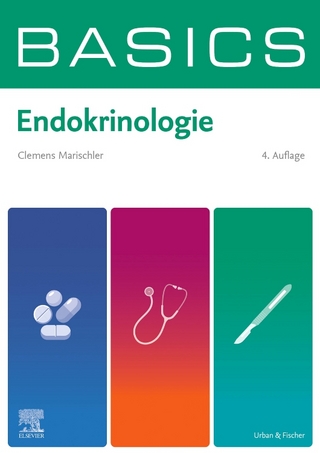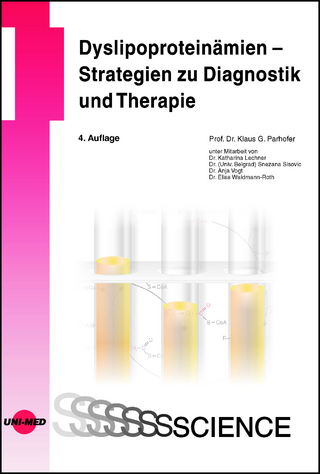
Endocrine Disruptors, Brain, and Behavior
Oxford University Press Inc (Verlag)
978-0-19-993573-4 (ISBN)
Endocrine Disruptors, Brain, and Behavior focuses on if and how these chemicals, known as endocrine disrupting compounds (EDCs), affect the development and function of the brain and might be contributing to neural disorders rapidly rising in prevalence. The book provides an overall synthesis of the EDC field, including its historical roots, major hypotheses, key findings, and research gaps. The authors explain why even the concept of endocrine disruption is controversial in some circles, how differing definitions of endocrine disruption and what constitutes an "adverse" outcome on the brain shape public policy, and where the current capacity by different stakeholders (industry, academia, regulatory agencies) to evaluate chemicals for safety in a regulatory context begins and ends. The book concludes with suggestions for future research needs and a summary of emerging technology which might prove capable of more effectively evaluating existing and emerging chemicals for endocrine disrupting properties. As such, it provides the context for interdisciplinary and innovative input from a broad spectrum of fields, including those well-schooled in neuroscience, evolutionary biology, brain, behavior, sex differences, and neuroendocrinology.
Heather B. Patisaul, PhD, is a Professor of Biological Sciences at North Carolina State University. She has participated on several national and international expert panels and workshops related to health effects associated with EDCs, including the 2010 World Health Organization Expert Panel on the health risks of Bisphenol A, and the 2012 Workshop on Low Dose Effects of Endocrine Active Chemicals co-organized by the US National Institute for Environmental Health Sciences/NIH and the Joint Research Centre's Institute for Health and Consumer Protection. She was the chair of the 2016 Gordon Conference on Environmental Endocrine Disruptors and a member of the National Research Council Committee on Incorporating 21st Century Science Into Risk-Based Evaluations. Scott M. Belcher, PhD, is a Professor of Biological Sciences at North Carolina State University. He has served on numerous national and international expert panels and workshops related to health effects of EDCs, including being Chair of the 2007 In vitro Mechanism Focus Group at the Chapel Hill Expert panel on BPA's Risk to Human Health; Lead Discussant for the US EPA-FIFRA Scientific Advisory Panel of Endocrine Disruptor Screening Program Tier-1 Battery; and member of the 2010 World Health Organization Expert Panel on the health risks of Bisphenol A. In 2015 he was a presenting member at the European Commission's LIFE EDESIA Workshop on The Role of in vitro Functional Assays for the Assessment of Endocrine Disruption.
Chapter 1: The Chemical Landscape
Chapter 2: Defining Endocrine Disruption
Chapter 3: Landmark EDCs of the Past and Present
Chapter 4: The Neuroendocrine System and General Mechanisms of Endocrine Disruption
Chapter 5: Receptor and Enzyme Mechanisms as Targets for Endocrine Disruptors
Chapter 6: Endocrine Disruptors and Neurobehavioral Disorders
Chapter 7: Risk Assessment and Chemical Regulatory Policy in the US and Abroad
Chapter 8: The Path Forward
Index
| Erscheinungsdatum | 29.06.2017 |
|---|---|
| Reihe/Serie | Oxford Series in Behavioral Neuroendocrinology |
| Zusatzinfo | 39 |
| Verlagsort | New York |
| Sprache | englisch |
| Maße | 155 x 236 mm |
| Gewicht | 499 g |
| Themenwelt | Geisteswissenschaften ► Psychologie ► Verhaltenstherapie |
| Medizinische Fachgebiete ► Innere Medizin ► Endokrinologie | |
| Medizin / Pharmazie ► Medizinische Fachgebiete ► Neurologie | |
| Studium ► 2. Studienabschnitt (Klinik) ► Pharmakologie / Toxikologie | |
| Studium ► Querschnittsbereiche ► Prävention / Gesundheitsförderung | |
| ISBN-10 | 0-19-993573-4 / 0199935734 |
| ISBN-13 | 978-0-19-993573-4 / 9780199935734 |
| Zustand | Neuware |
| Informationen gemäß Produktsicherheitsverordnung (GPSR) | |
| Haben Sie eine Frage zum Produkt? |
aus dem Bereich


